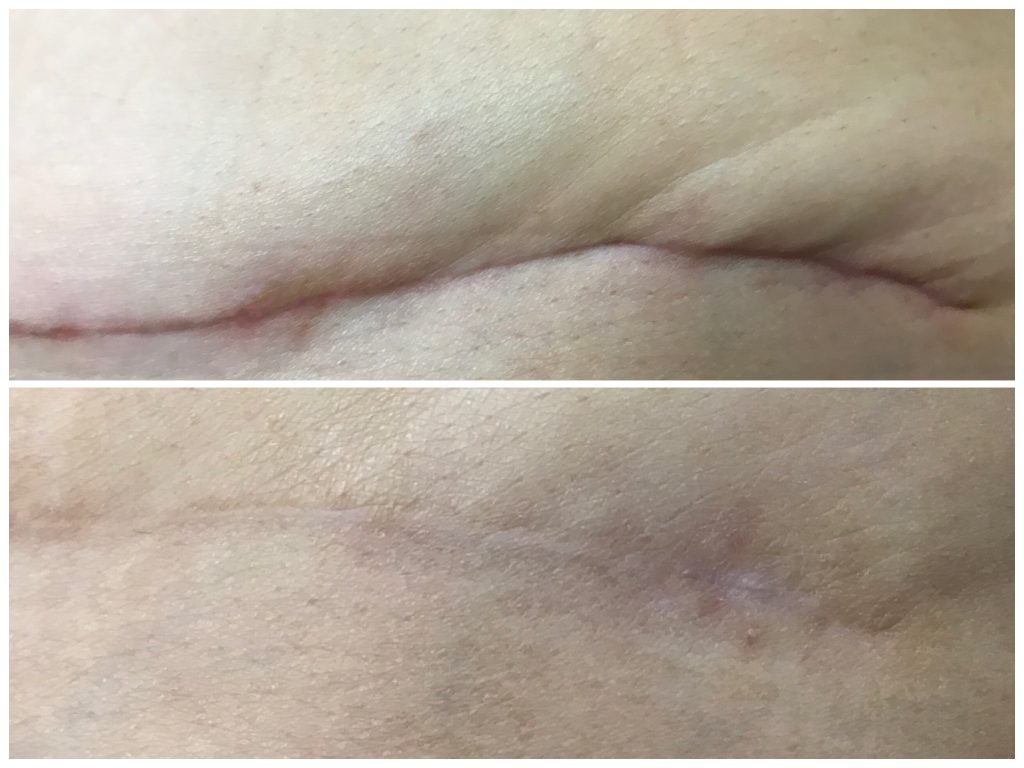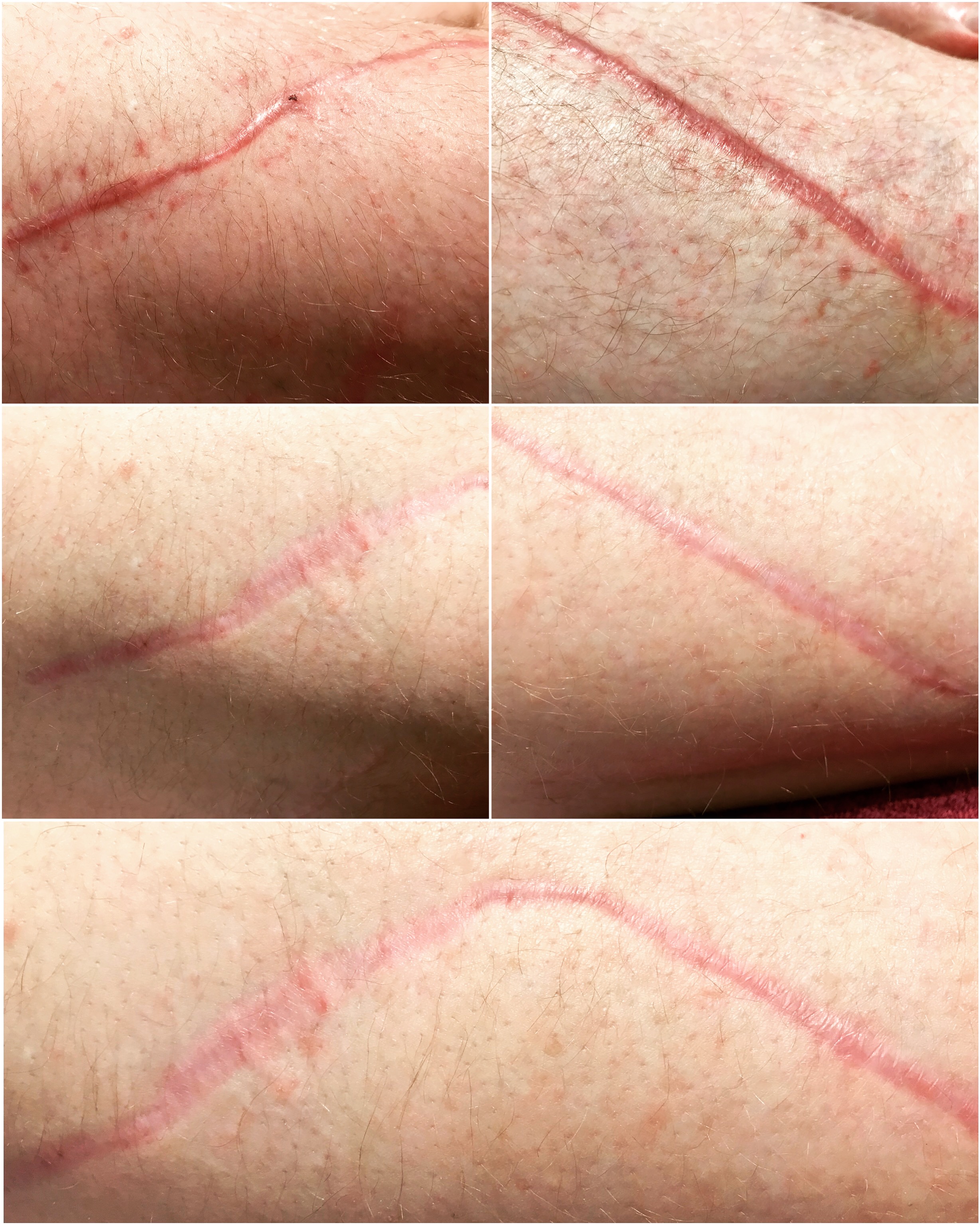 Plastic and trauma surgery has benefitted greatly from the introduction of the use of Manual Lymphatic Drainage, excess fluid post surgery has a great impact on the healing of the skin, bruising and scar tissue formation.
Plastic and trauma surgery has benefitted greatly from the introduction of the use of Manual Lymphatic Drainage, excess fluid post surgery has a great impact on the healing of the skin, bruising and scar tissue formation.
Improving the visibility of the scar and function is one of the most important factors in scar tissue Manual lymphatic drainage. The goal of treating scars is to restore function, provide relief of symptoms, enhance appearance and prevent recurrence.
Thigh lifts which involve excessive scar tissue formation have been found to disrupt the lymphatic vessels in the lower leg creating swelling weeks to months after the operation.
Function of the scar tissue is a key factor in restoring fluid imbalance and preventing excess fluid accumulation, at the time of a wound fibroblasts which are a type of cell that make up the extracellular matrix and collagen. Fibroblasts rush to the site of damage where they deposit new collagen and start the process of healing.
Sometimes Hypertrophic or keloid scarring can occur, hypertrophic is excess collagen laid down and usually does not extend beyond the wound but can become raised and red. Keloid is usually large red raised scar that can extend beyond the borders of the wound and cause severe itching, pain and limit the movement of skin.
To remove keloid scarring sometimes surgery is performed which has the consequences of causing further scaring in the process of healing. Plastic surgeons try to limit the impact of scaring through surgery and post surgical care, hence the need for added care of compression garments and the use of manual lymphatic drainage.
When surgery is performed the initial lymphatic vessels are cut, these initial lymphatic vessels are located just under the skin the fluid is then transported to the pre-collectors, then to the collector channels which are located deep in the body running parallel to the arteries and veins. Over time the initial lymph vessels will reform to continue working but as scar tissue forms they can be inhibited in there function to reduce swelling.
In this Video of a trauma accident involving a car and push bike, we see the effects of manual lymphatic drainage post surgery, this client had extensive surgery to his leg. Wounds, skin grafts, rods, and pins to fix the bone breaks and infection. Three sessions of MLD were performed four weeks after surgery at the time of the video sequence, but it highlights the dramatic way that healing of the skin and scar after swelling is reduced
Manual lymphatic drainage is performed to encourage the initial lymph vessels to regenerate and bind together, lymphatic drainage function is to distribute fluid and to soften scar tissue making keloid formation less common, to reduce the swelling above and below the scar.
A one week pre operative daily lymphatic drainage treatments of the area to be operated on significantly improve post operative healing, post operative lymphatic drainage can be performed as soon as the wound has healed, and also has great results when sessions are performed in a number of succession treatments.





